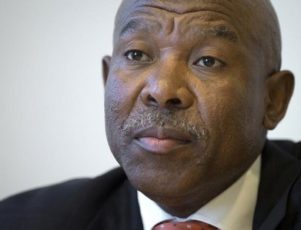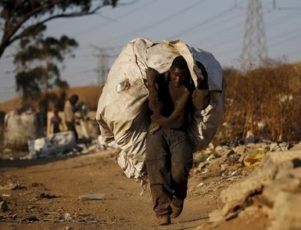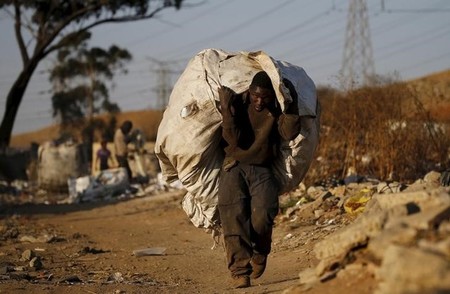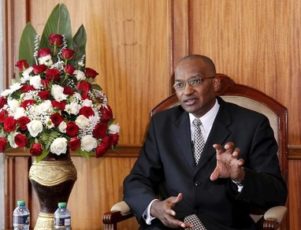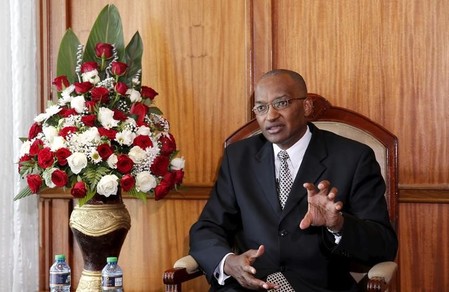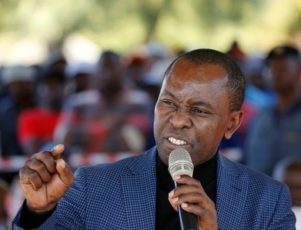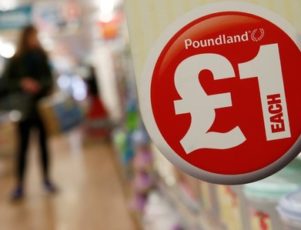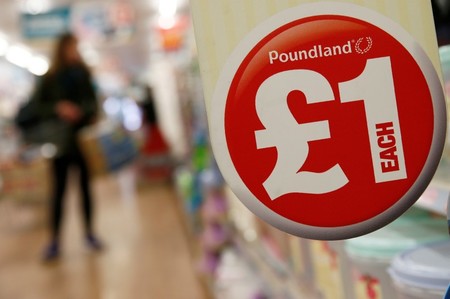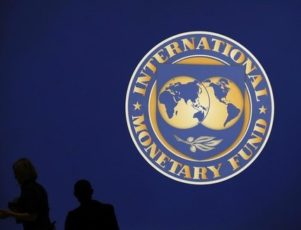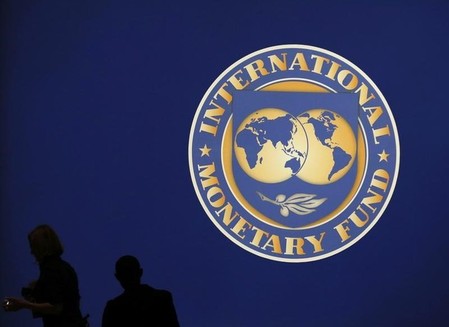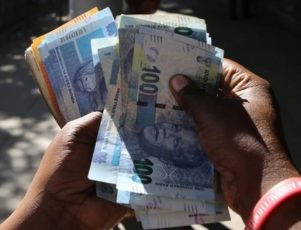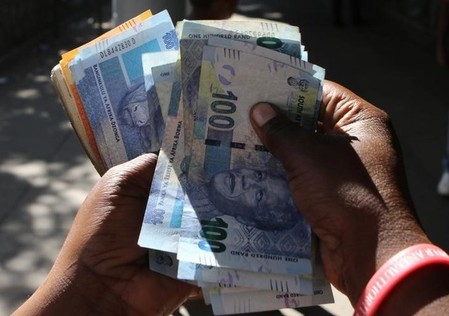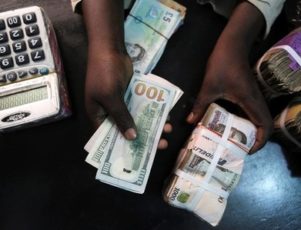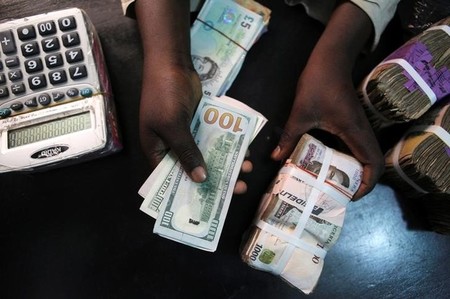JOHANNESBURG (Reuters) – South Africa’s central bank could resume its rate hiking cycle despite a poor growth outlook, its head said on Friday, while its treasury reined in state companies to avoid ratings downgrades and a long economic slowdown.
Africa’s most industrialised country is on the brink of its first recession after contracting 1.2 percent in the first quarter as key sectors shrunk due to severe drought and falling commodity prices.
Governor Lesetja Kganyago said the central bank’s monetary policy committee (MPC) would raise rates if inflation, fuelled in part by a weaker rand, remained elevated.
The rand has weakened nearly 20 percent against the dollar in past 12 months as looming rate hikes in the United States, the threat of a downgrades to “junk” status and diminished business and consumer activity locally weighed on its value.
“Although the MPC remains ready to respond to renewed inflation pressures, it remains mindful of the weak state of the economy,” Kganyago said.
Headline inflation has been higher than the Reserve Bank’s (SARB) upper target of 6 percent since January, prompting it to lift lending rates by 200 basis points from early 2014 despite poor growth.
The bank sees growth averaging zero percent in 2016.
“The rand exchange rate has been sensitive to these developments, with elevated levels of volatility,” said Kganyago said, adding the next round of rating reviews in December were key.
South Africa is also in a fiscal bind, with government’s plan to boost growth to an annual 4 percent to tame widespread unemployment, poverty and the growing cost of borrowing facing a number of obstacles.
Finance Minister Pravin Gordhan on Friday warned state firms that they would have to live without state bailouts of around $35 billion as treasury focused on achieving the deep spending cuts it promised in the February budget.
“The key concern that ratings agencies and others would have is that as a result of levels of mismanagement, those guarantees shouldn’t be called out at any stage,” he said.
On Monday, Fitch announced it had downgraded South Africa’s local currency debt. Fitch and S&P Global Ratings now both have South Africa’s local and foreign currency debt ratings a step away from subinvestment.
Maya Senussi of Roubini Global Economics said local government elections on Aug. 3, where the ruling African National Congress is expected to face a stern test, could worsen the dilemma for government before the general election in 2019.
“The big danger is that fears about the 2019 general election will prompt populist measures from the ANC, exerting more pressure on the stretched Treasury and further delaying much-needed reforms,” the economist said.
($1 = 14.1600 rand)
(By Mfuneko Toyana. Additional reporting by Stella Mapenzauswa; Editing by James Macharia and Tom Heneghan)

